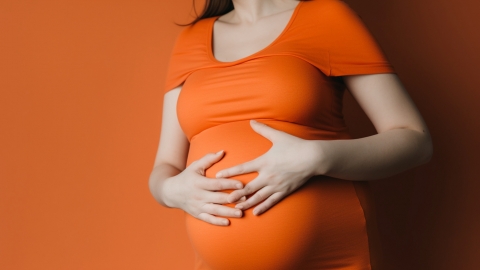Can pregnant women eat waxberries, and what is their calorie content?
Generally speaking, pregnant women can consume Chinese bayberries in moderation, with each 100 grams containing approximately 28 kcal. Detailed analysis is as follows:

When pregnant women have normal blood sugar levels and healthy gastrointestinal function during pregnancy, they may consume 5-8 fresh Chinese bayberries daily. Chinese bayberries contain vitamin C, fruit acids, and dietary fiber. Vitamin C helps iron absorption, preventing anemia during pregnancy; fruit acids stimulate saliva secretion, alleviating nausea and poor appetite associated with early pregnancy reactions; dietary fiber improves common pregnancy-related constipation. Moderate consumption can supplement nutrition, regulate gastrointestinal function, and its low-calorie characteristic makes it less likely to cause excessive weight gain.
If a pregnant woman has elevated blood sugar levels or diabetes, she should consume Chinese bayberries cautiously, as their natural sugars may cause blood sugar fluctuations. It is recommended to control intake under a physician's guidance and monitor blood sugar levels. For pregnant women with sensitive gastrointestinal systems or gastric ulcers, the acidic components in Chinese bayberries might irritate the stomach lining, causing discomfort such as stomach pain and acid reflux. In such cases, consumption should be reduced or avoided altogether. Additionally, fresh and thoroughly washed Chinese bayberries should be selected, avoiding spoiled or insufficiently cleaned fruit to prevent microbial infections that could affect maternal and fetal health.
Pregnant women should also pay attention to controlling the portion size per serving when consuming Chinese bayberries and avoid eating them on an empty stomach. It is recommended to eat them as a snack between meals. Thoroughly wash the Chinese bayberries before consumption, and soaking them in salt water can help remove surface impurities and tiny insects, ensuring food hygiene. If any discomfort occurs, consult a physician promptly.




